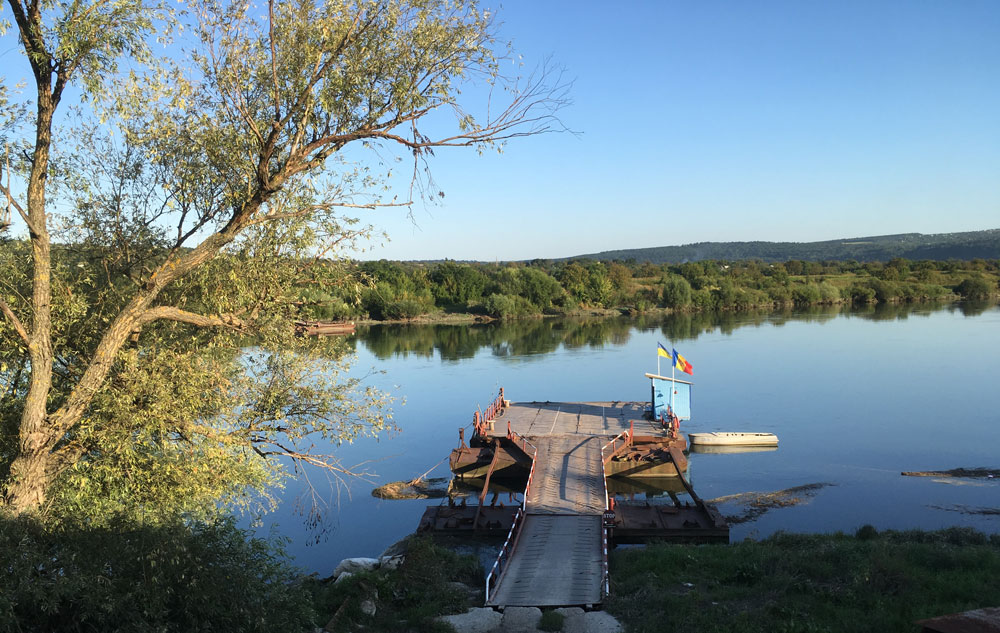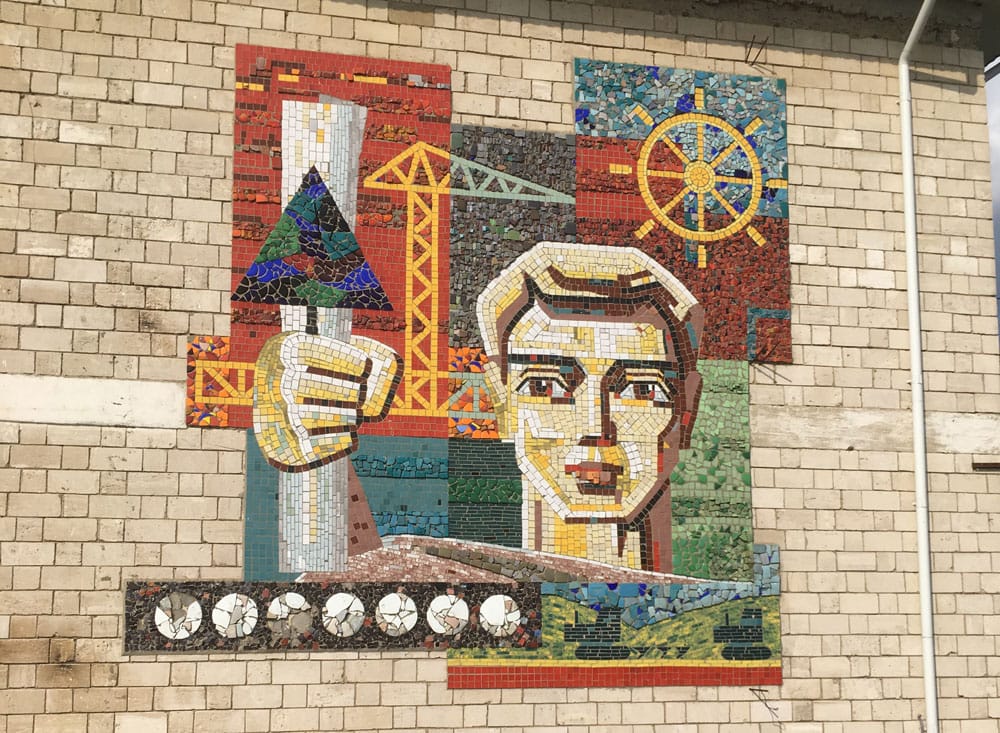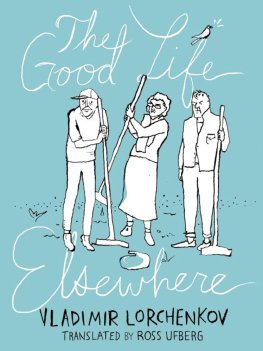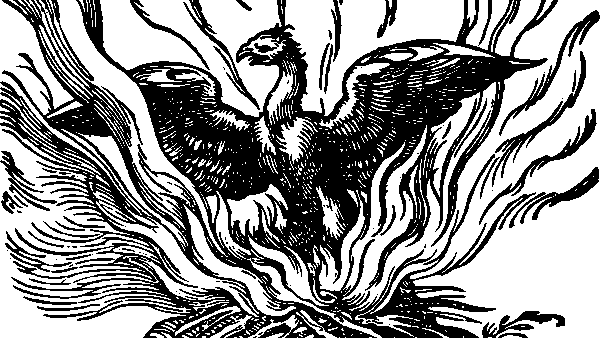To describe The Good Life Elsewhere by Moldovan writer Vladimir Lorchenkov as a comedy is slightly misleading. It’s certainly shot through with black humour and absurd situations as some Moldovan villagers go to ever more desperate lengths to escape their poverty and move to Italy. And yet, because of their poverty and their desperation, and because you know that, despite its absurdist exaggeration, this is a novel based on a real situation, the book will probably make you cry more than laugh.
The Good Life Elsewhere starts, for example, with a group of Moldovan migrants excitedly reaching the outskirts of Rome after a four-day bus ride for this they had to pay their smugglers €4,000 each (plus extras along the way for food, bribes, etc.). Their leader, Serafim, who has dreamt of Italy his whole life and spent 20 years teaching himself Italian from an old grammar book, approaches a local to ask for directions, but the man doesn’t understand him. After more confusion, they realise they’ve been driven around in circles and dumped back in the Moldovan capital of Chisinau.
It should be a funny scene, but it’s hard to laugh at people who have sold their farms and houses and gone into debt for the better life that Italy promises. One of the characters hangs herself when she gets home, and her husband’s only concern is to make sure that she doesn’t break any of the branches of the walnut tree, which bears such good nuts.
After that, it’s a series of desperate schemes—memorising the rules of curling in order to get visas for the European curling championships in Italy, turning an old tractor into an aeroplane, following the village priest on a modern-day Crusade, and so on. Even the President of Moldova parachutes out of a plane over Italy with €10,000 sewn into his jacket and a dream of starting a pizzeria.
Vladimir Lorchenkov does a good job of painting a picture of the desperation to escape Moldova for a better life. The religious imagery of Crusades—and also, at one point, the burning of a “heretic”—reinforces the idea of Italy as a version of heaven, a consolation or dream for those who are suffering, a place where everything that is wrong will be made right. When reality intrudes, it is quickly suppressed—the heretic who doubts the value of going to Italy is burned, and the one person who actually made it to Italy and back again with euros to her name is strangled when her father discovers she was working as a prostitute there. As destructive as the vision of Italy is, the villagers need it because life without it would be even worse.
On a visit to Moldova last year, we spoke to quite a few young people who said that most other people their age had left for Europe or want to leave. Figures are hard to come by because so much of the migration is not documented, but the Moldovan government estimates that 1.2 to 2 million Moldovans are working abroad—almost half the population.

So The Good Life Elsewhere is dealing with a very real issue, but instead of earnest lamentation, Lorchenkov treats it as a comedy. The ridiculous exaggerations help to bring a fresh perspective to the issue, and although you can enjoy the book as a comedy once you get accustomed to the extreme darkness of the humour, you’ll also learn a lot about migration and its motivations and empathise with the villagers who are willing to do whatever it takes to secure a better life. And you’ll discover an example of contemporary Moldovan literature.
If you want a more serious take on migration, check out my post on the violence of borders.





There are 6 comments
Super review. I think that at the root of a lot of humor is sadness and tragedy. In works like this the tragedy is very pronounced. This sounds very good.
I think you’re right, Brian. The combination of comedy and tragedy works really well in this book. If it was all tragedy, it would be a really tough read.
This sounds like a thoughtful way to approach the subject. The use of humour to underscore serious ideas is so powerful. I’ve been offline a great deal during the warmer time of year so I’ve missed your posts but am pleased to see you’re still reading such good books and travelling to more interesting places.
Welcome back, BIP! I’ve been away from the blogging world too, but it’s always good to connect with you. I’ll head over and see what you’ve been up to now that the weather is getting colder 🙂
A migrant from Moldova works the café I frequent in California, and his accounts of the place (and his sense of humor) seem to dovetail pretty well with the subject and tone of this book. Ironically, perhaps, nearly all of his co-workers are Italians who’ve left Italy for much the same reasons he left Moldova. I’ll look for the book.
Ah, you’ve hit on something there, Scott! Isn’t it interesting how one person’s dream destination is another person’s dead end? It comes across in the novel that Italy is not the promised land the villagers think it is. But even though many of them start to see this, it’s as if they push the knowledge away. They need to believe in Italy because it at least offers hope. Without it, they have nothing.